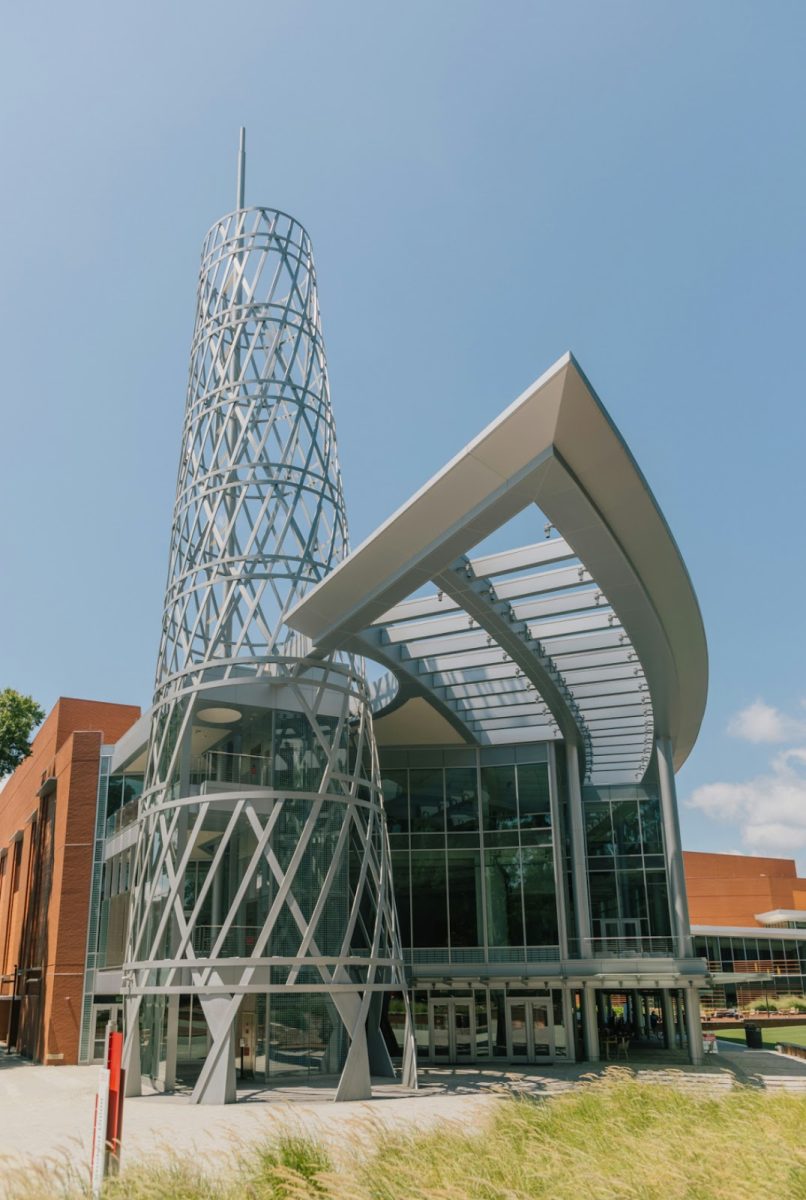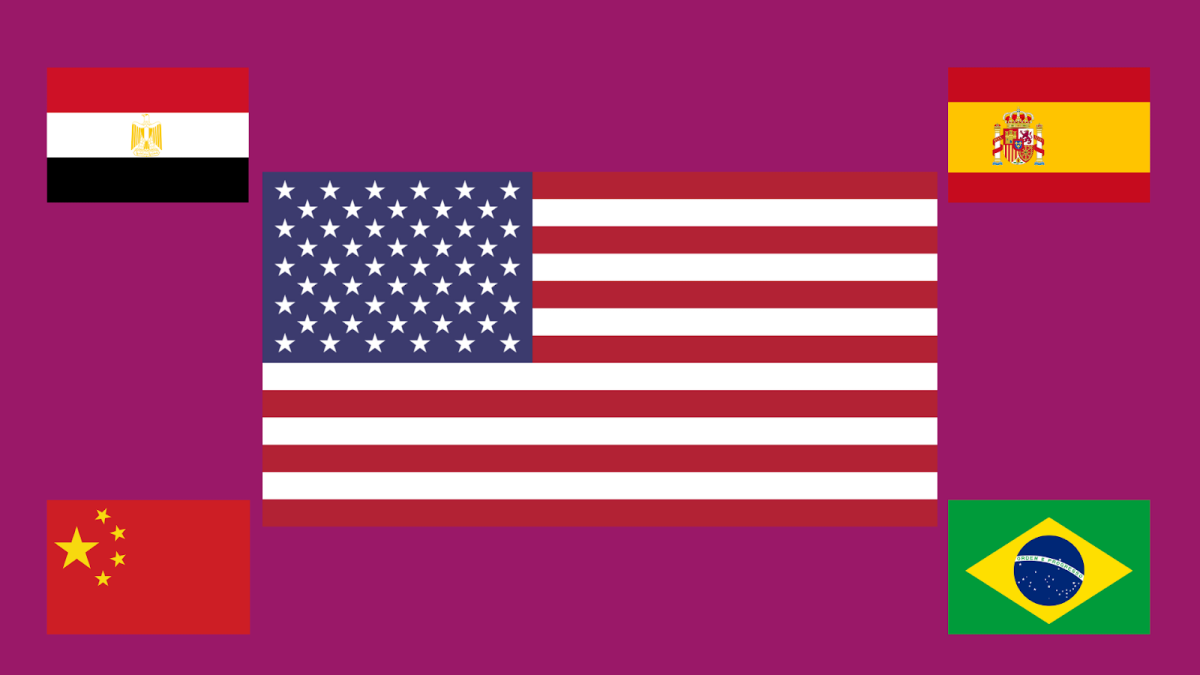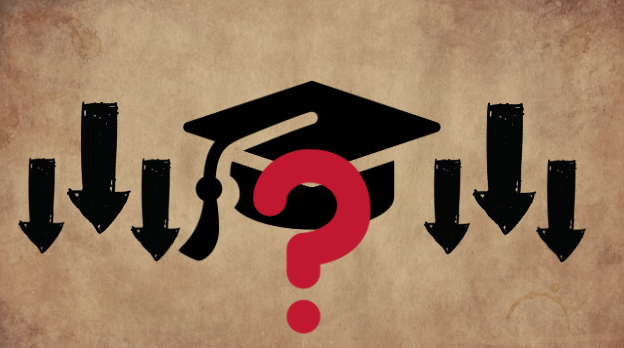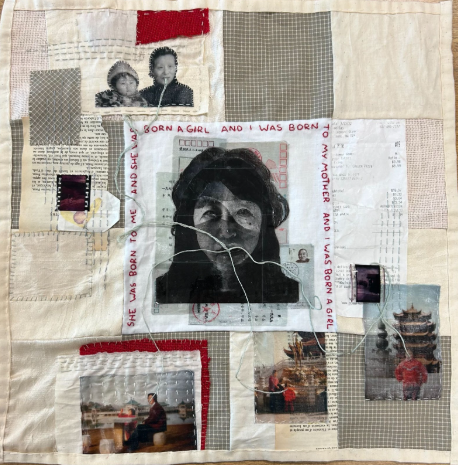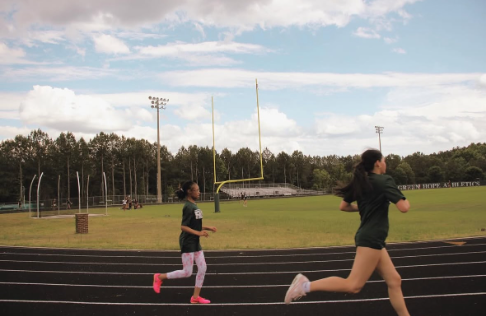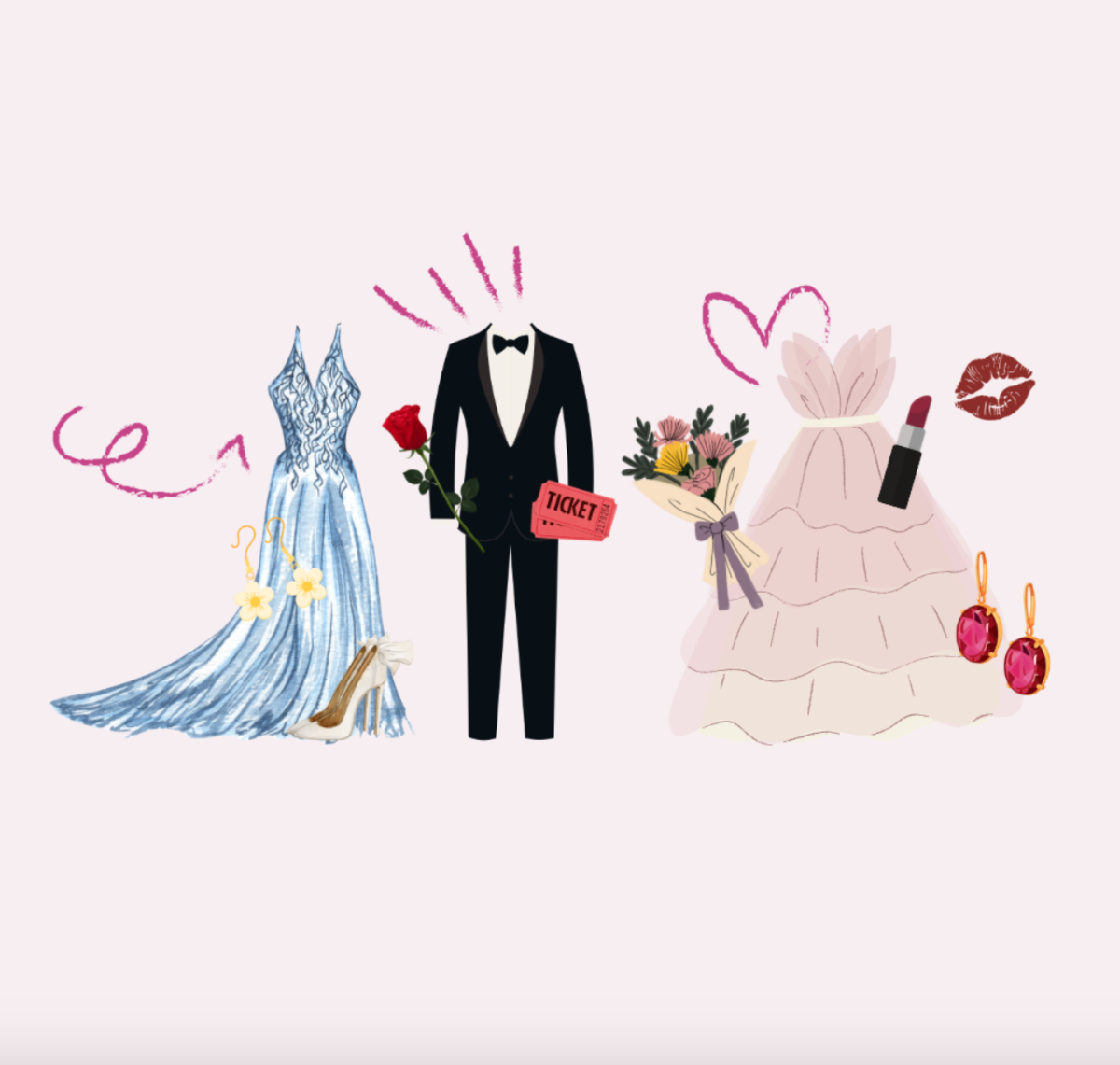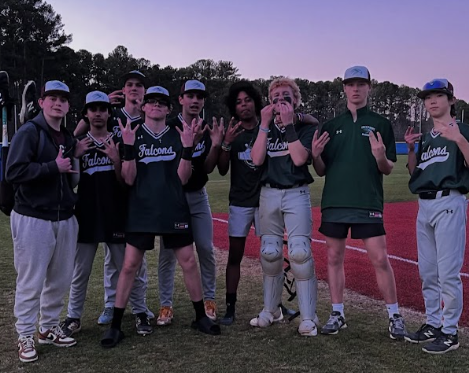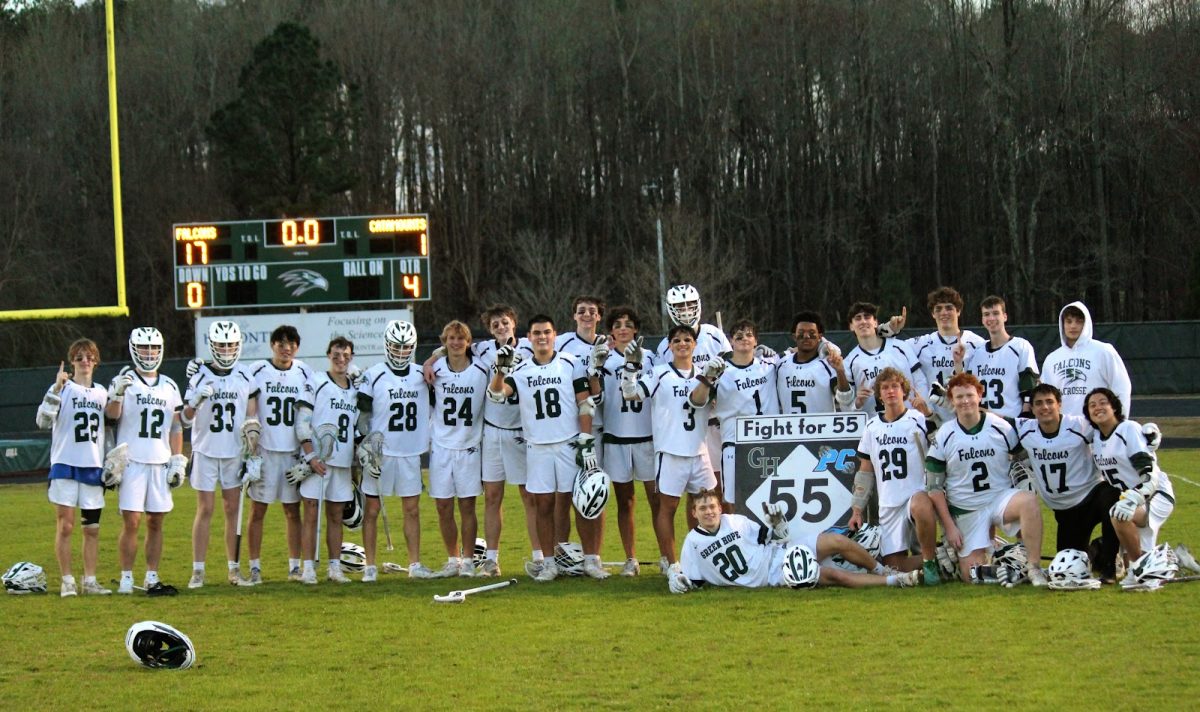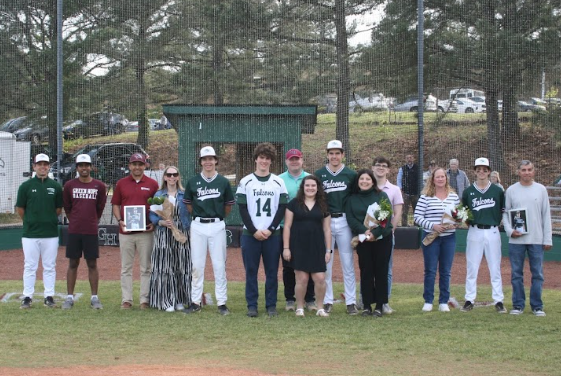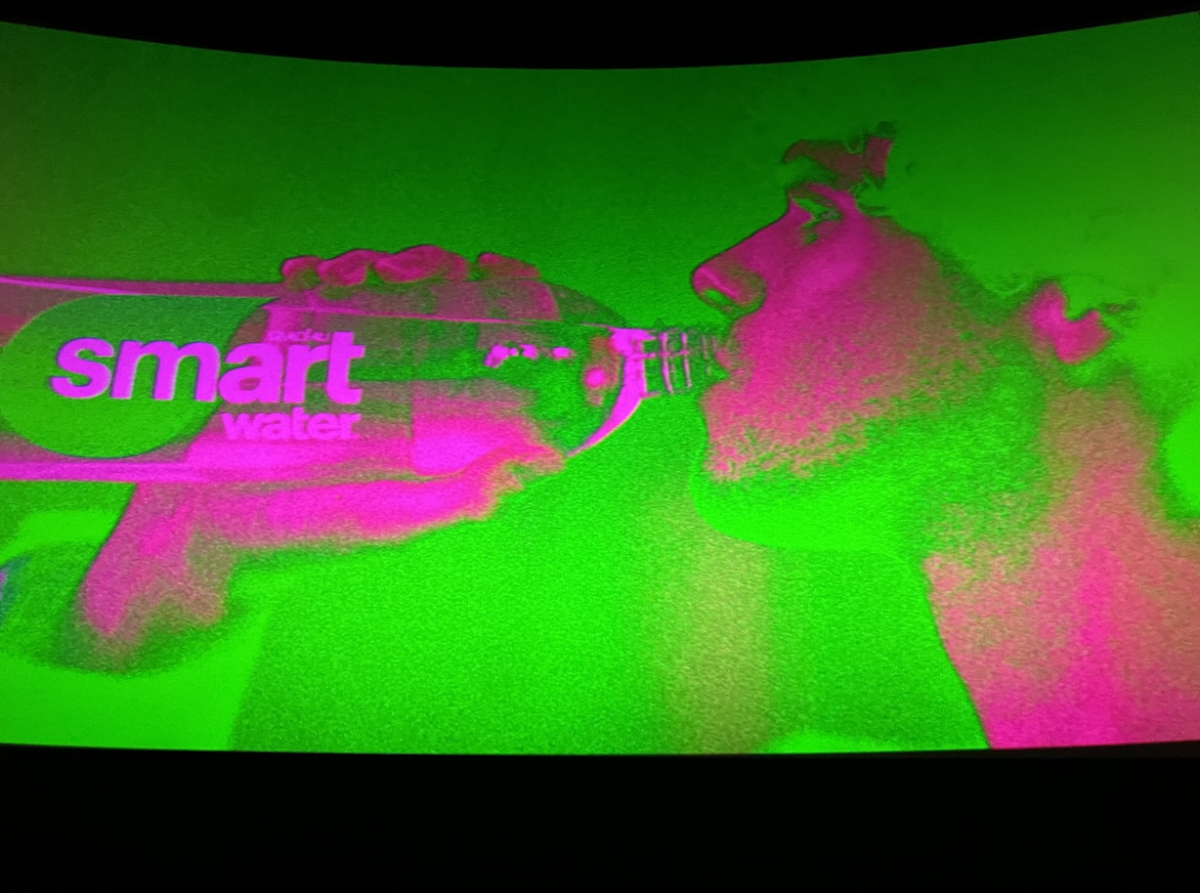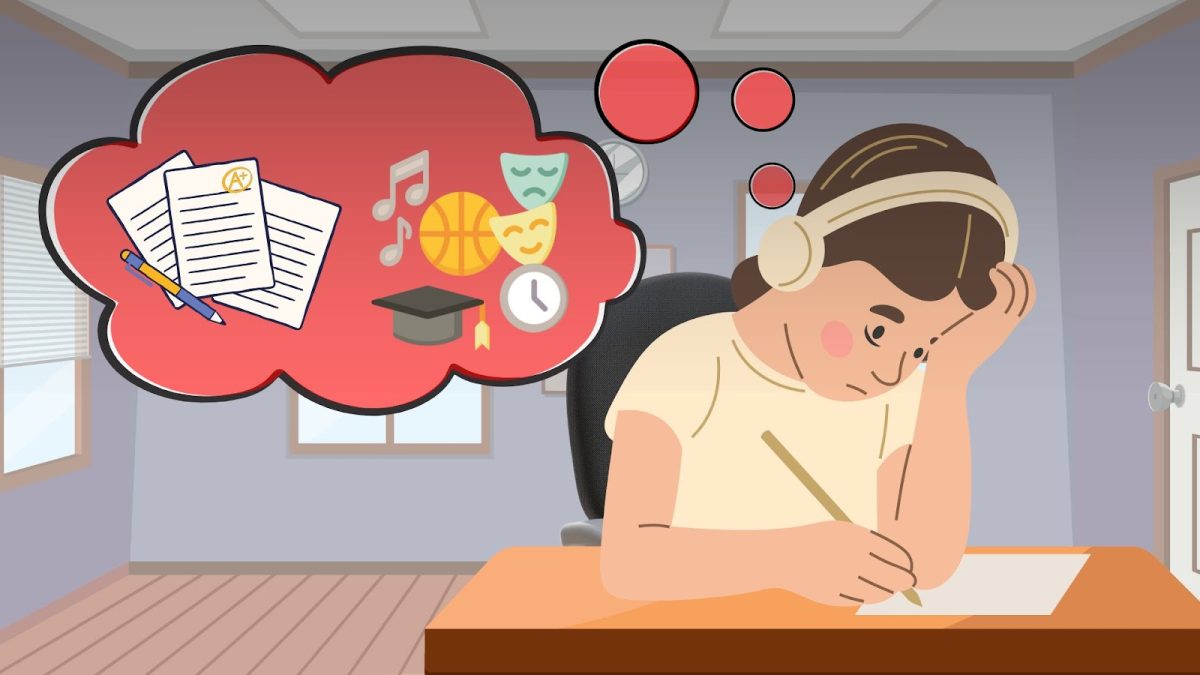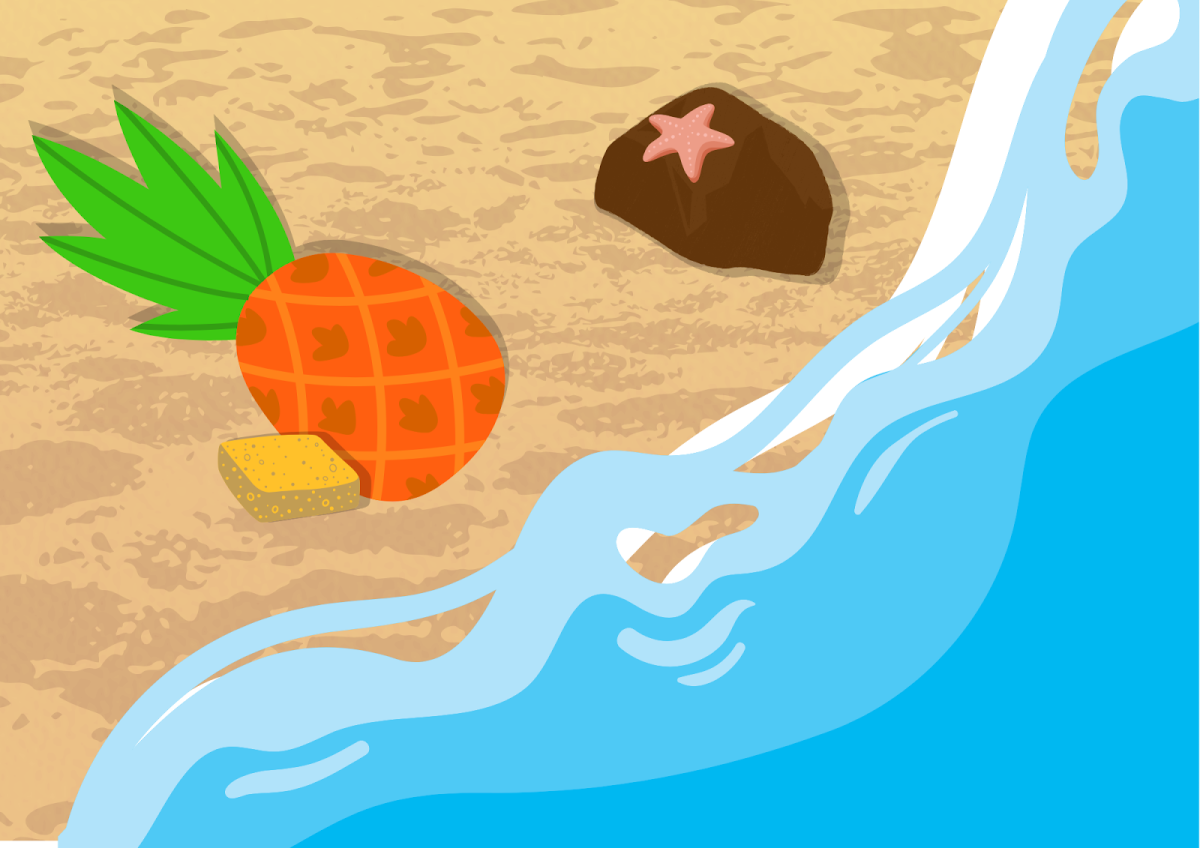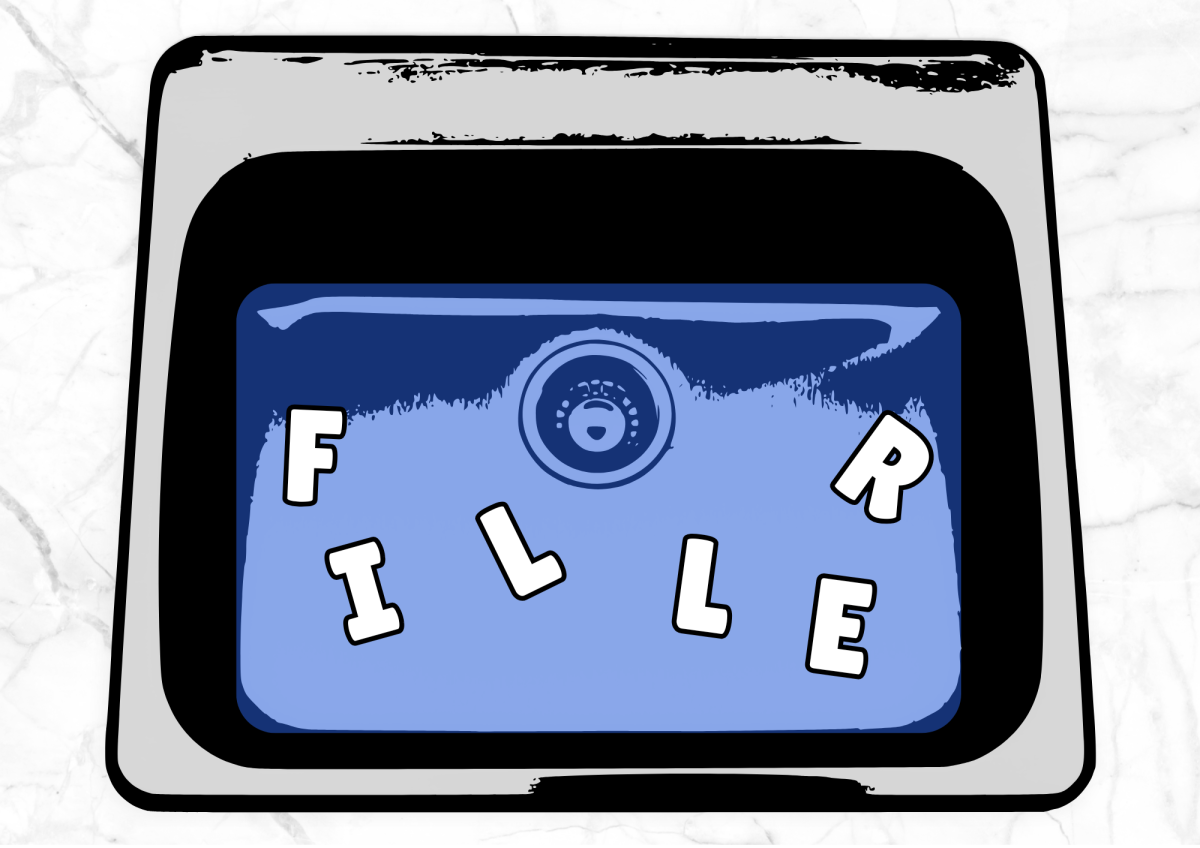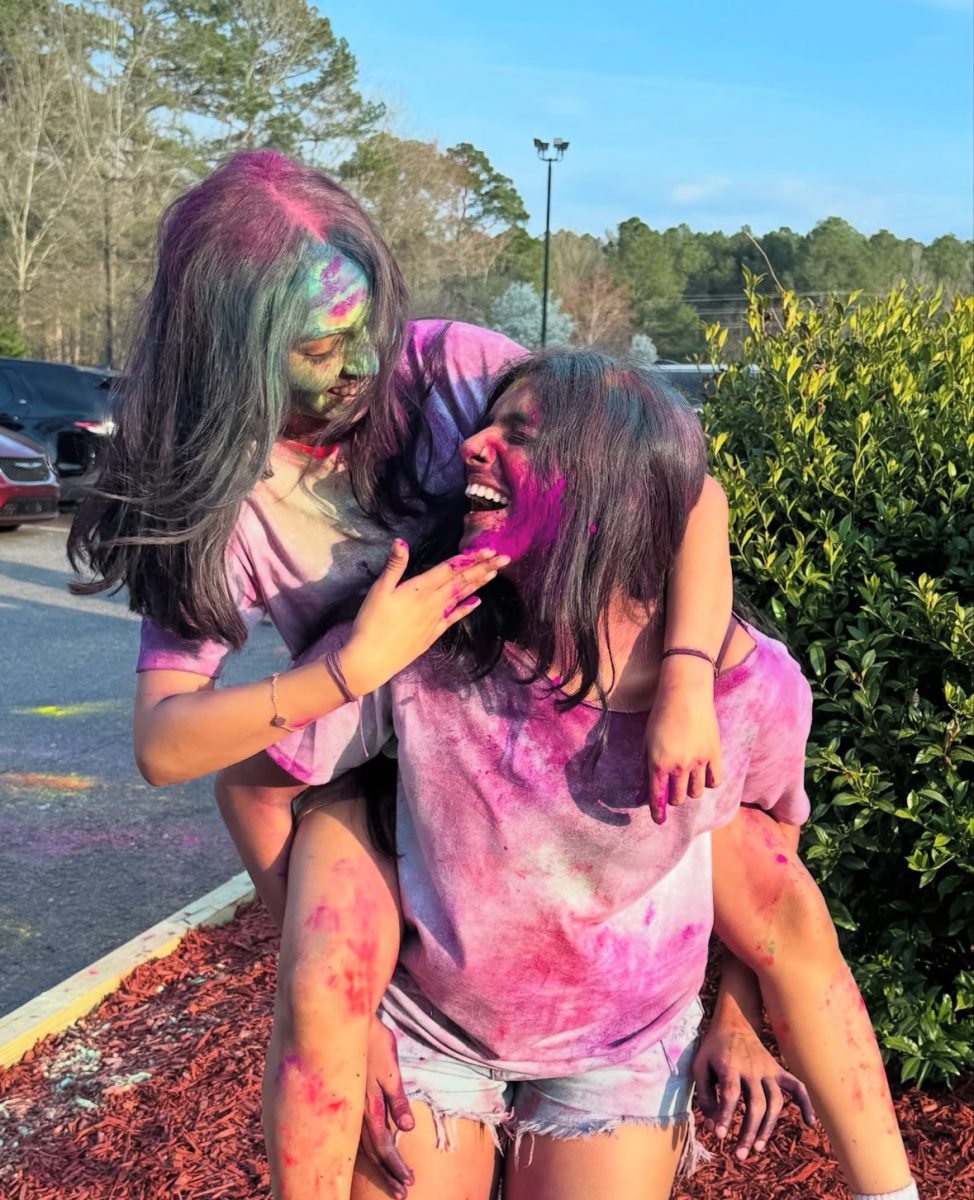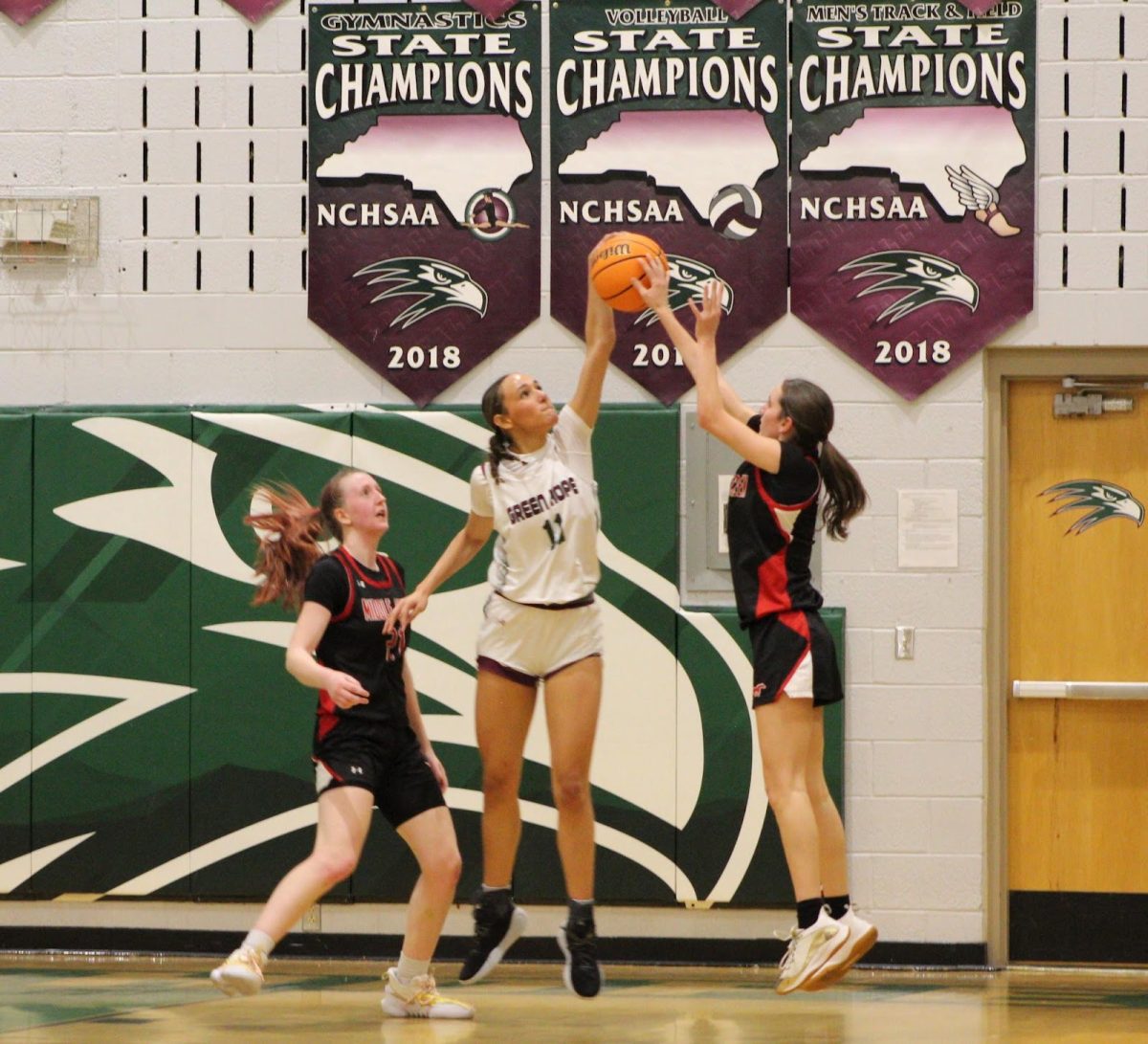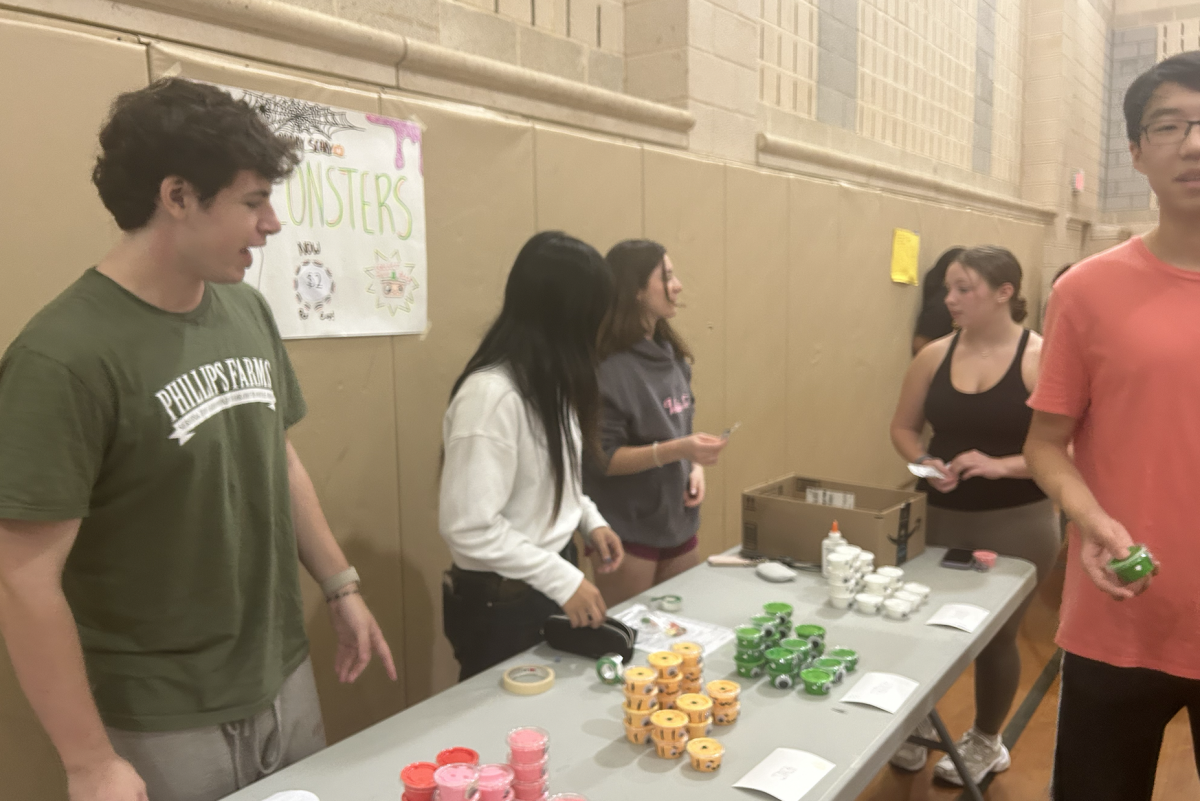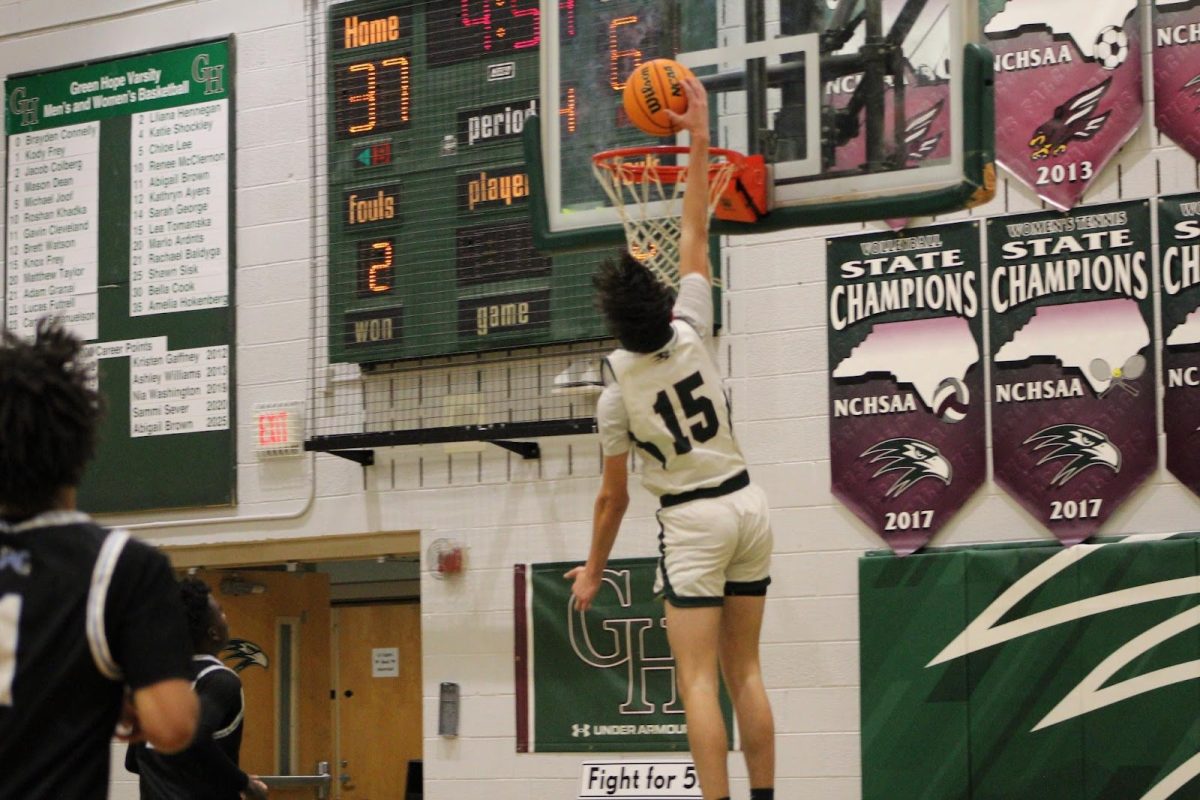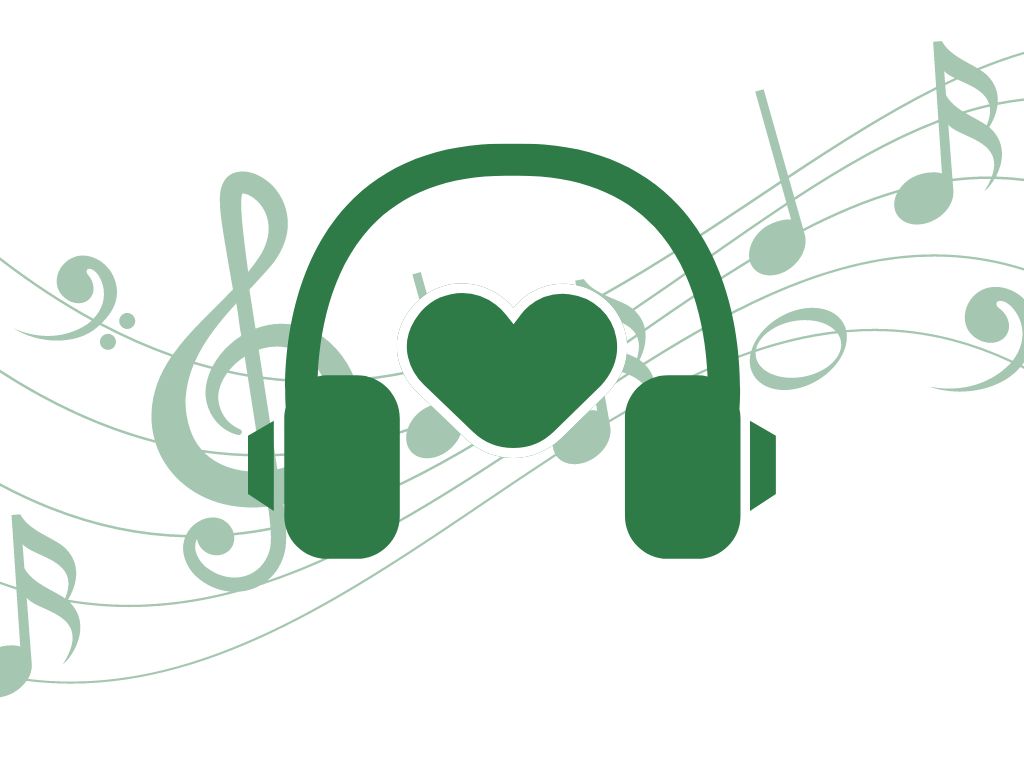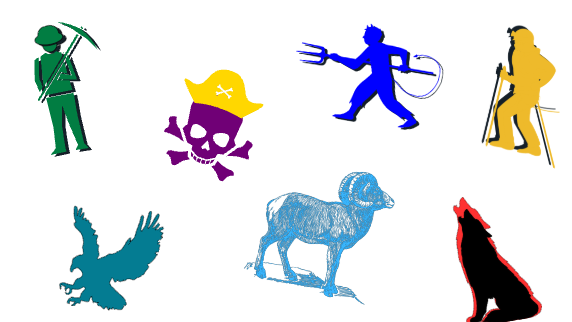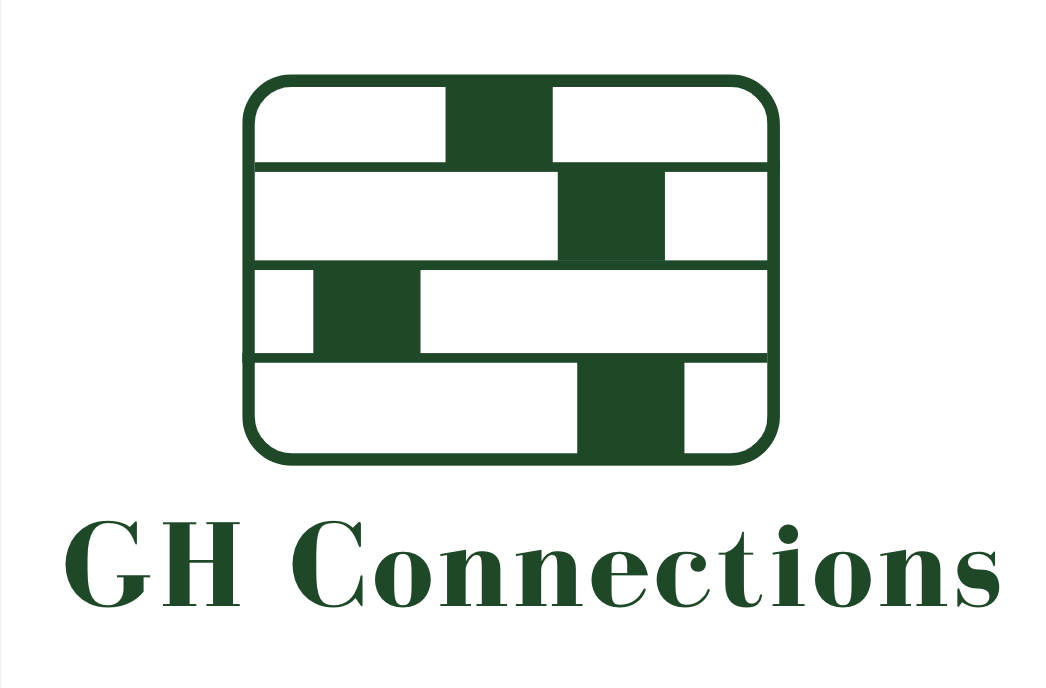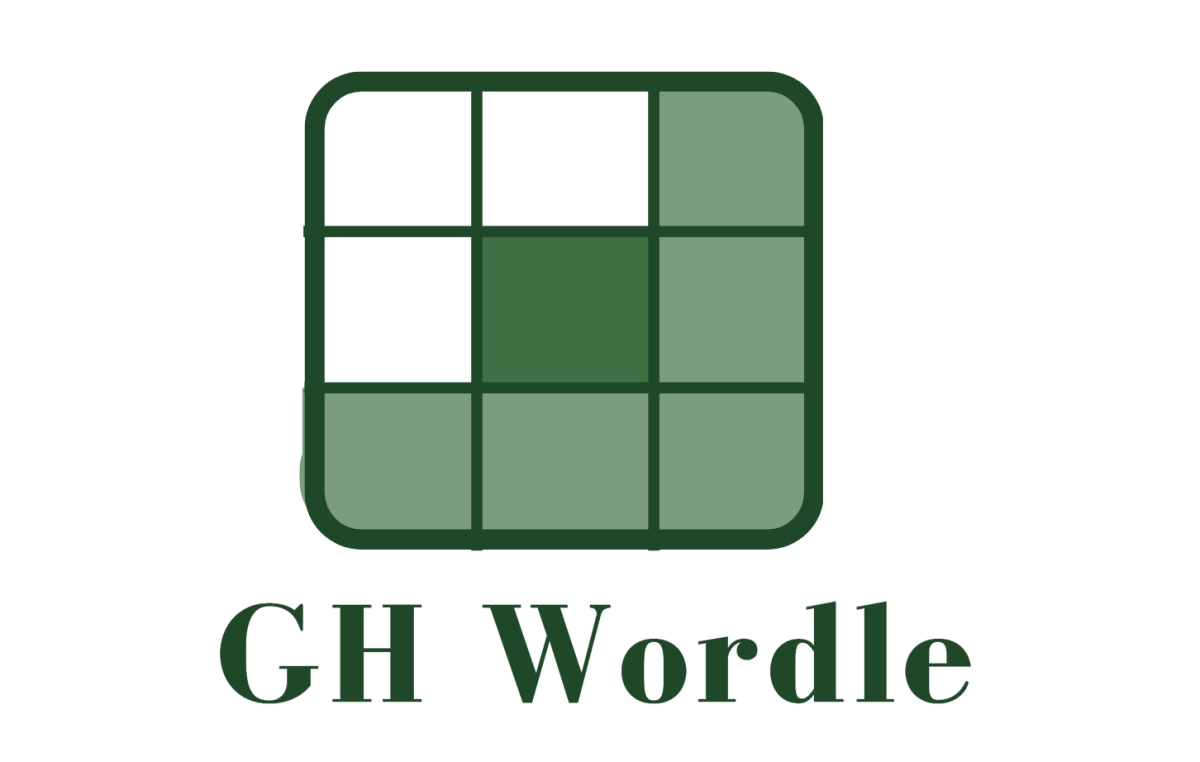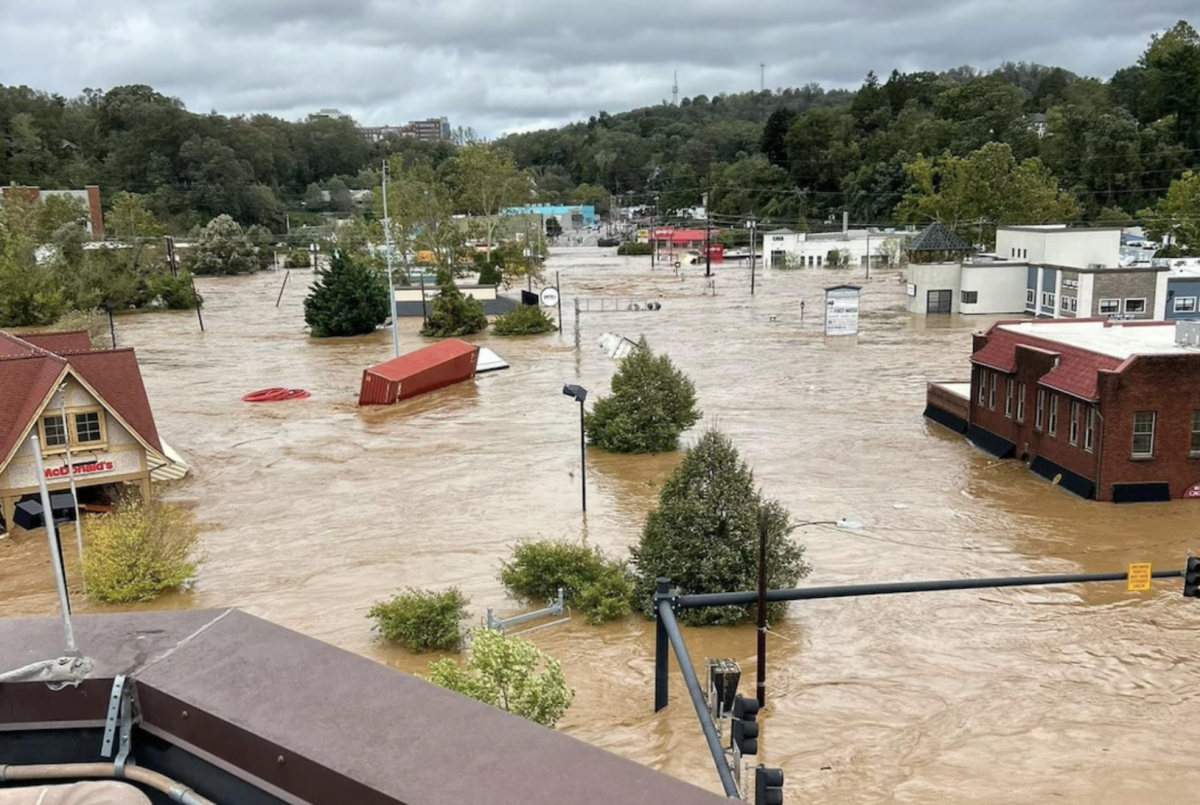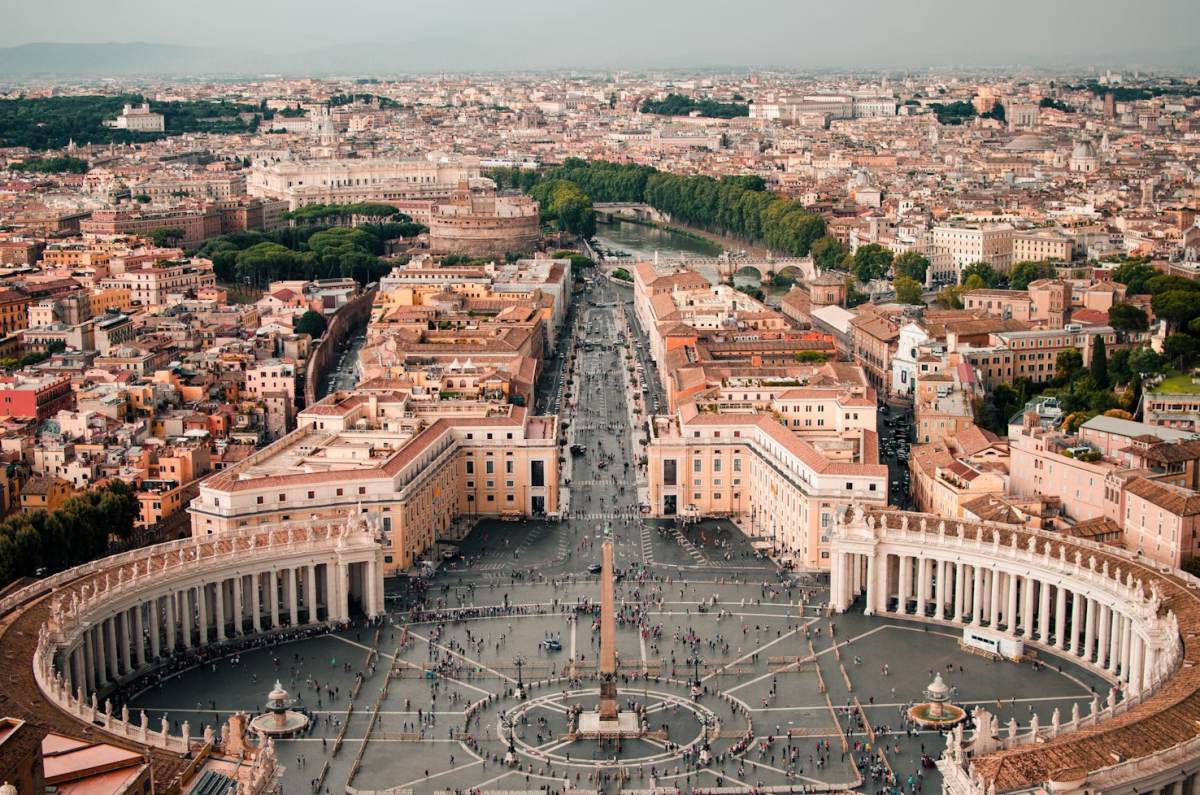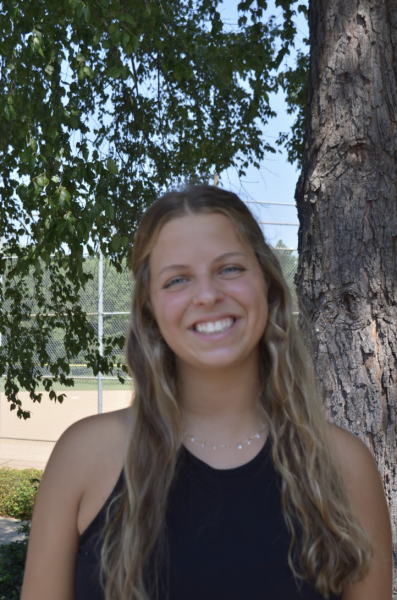In recent years, Indigenous People’s Day, recognized on the second Monday of October, has transitioned from celebrating the “discovery” of the United States by Christopher Columbus to acknowledging that Christopher Columbus, along with the rest of the “old world,” were colonizers who caused harm to local Native American populations.
Mr. James Hutchison, the teacher of American Indian studies and AP United States History (APHUSH), spoke on the significance of Indigenous People’s day. He has been teaching the class for 6 years, starting in 2017.
Mr. Hutchison discussed research conducted to show how unaware Americans were about the indigenous population. “In 2018 over 40% of Americans thought that there were no more native populations and that they were all dead,” he said.
He believes that all educators must be knowledgeable about the subject they teach and he has a collection of books on his desk that are regularly updated to reflect significant events affecting Native Americans, such as the name change of Columbus day.
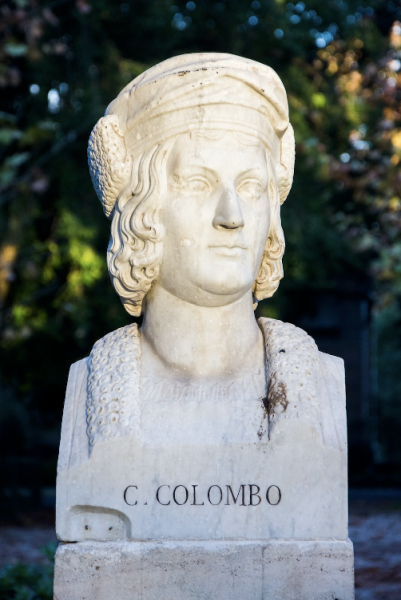
“Teaching this class allows kids to understand the role that Native American people played in our country’s history.” He said, “More than that, students should understand the roles they play today like what jobs they’re filling, what politics they’re in and even the entertainment they make.”
He wants people to understand that American Indians are active members of society and not as hidden as everyone seems to think. “Native Americans make up 2% of the population which is about the same amount of the population as Jewish Americans are,” he said.
However, Mr. Hutchison stressed the fact that the average American is uneducated on the amount of Native Americans are in civilization. He stated that, “They are far less represented in the media and daily life even though 85% of American Indians don’t live on reservations and they are in urban and suburban areas.” He also wanted to emphasize that even though they’re a part of many communities, they remain invisible in many ways.
Serving as an APUSH teacher, he has a deep comprehension of the United States history curriculum and the way it’s taught. He shared the fact that the lessons are not always accurate and oftentimes history is explained in a simplified manner which leads to misconceptions in student comprehension of history.
When talking about such misconceptions of history, he brought up the fact that Columbus was not the hero he was once thought to be. “Unfortunately, Columbus was an over glorified historical figure and he became mythologized even though there are real problematic issues surrounding him. However once someone becomes this over-glorified it’s very hard to go back because people become very defensive of what they think they know,” he said.
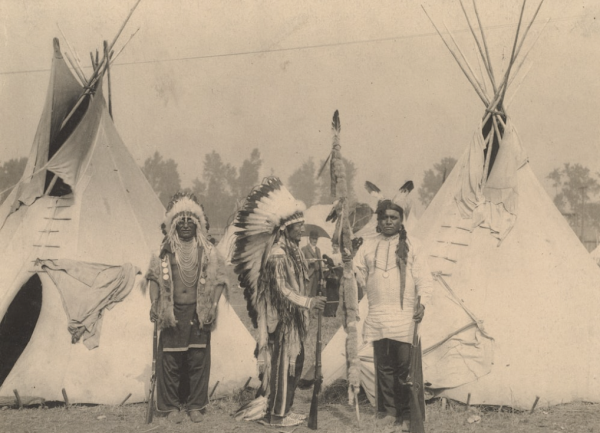
Making the shift from calling the day “Columbus Day” to “Indigenous People’s Day,” Native Americans are being recognized as a larger part of history and, in turn, this change supports efforts to preserve culture and mitigate further cultural erosion.







